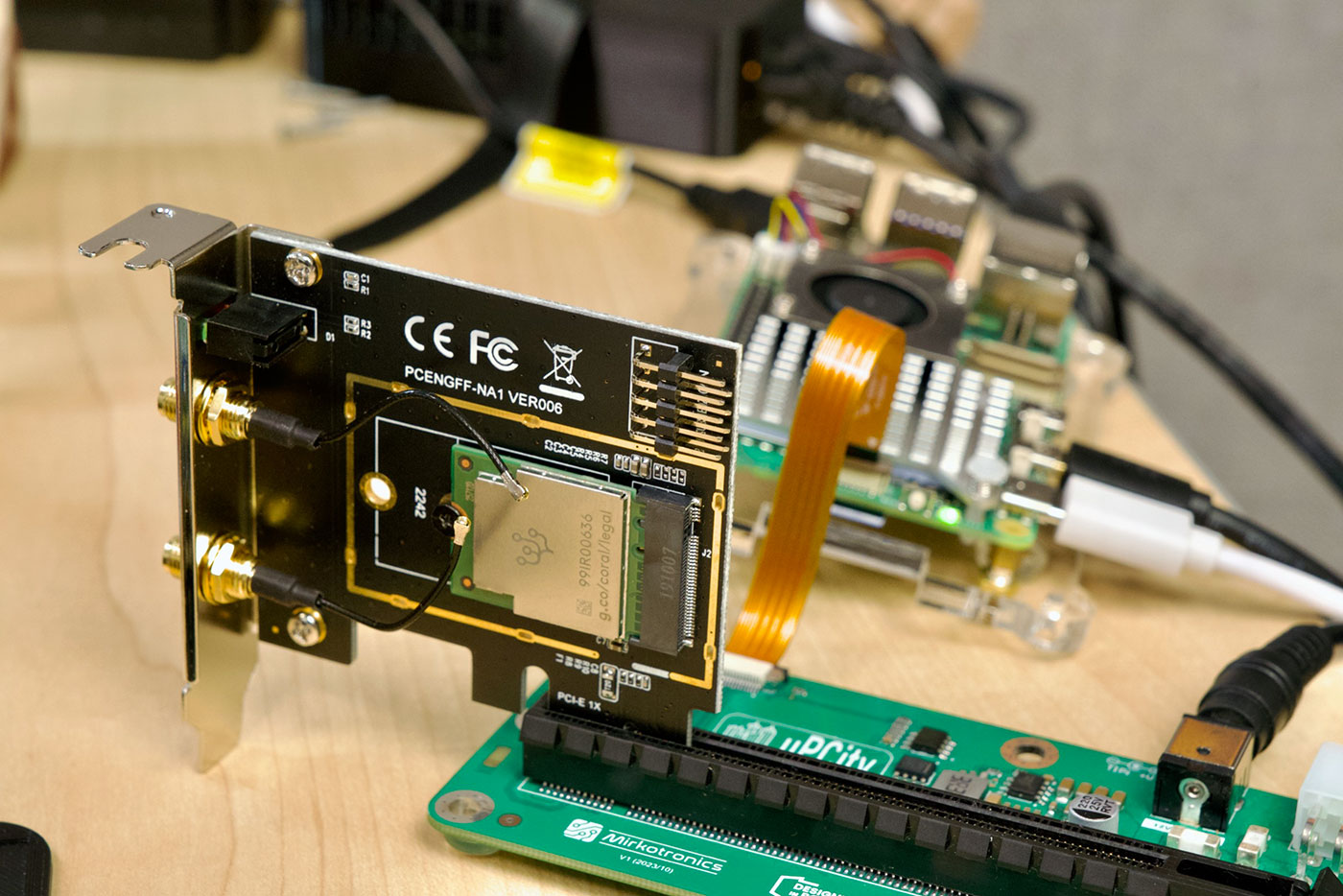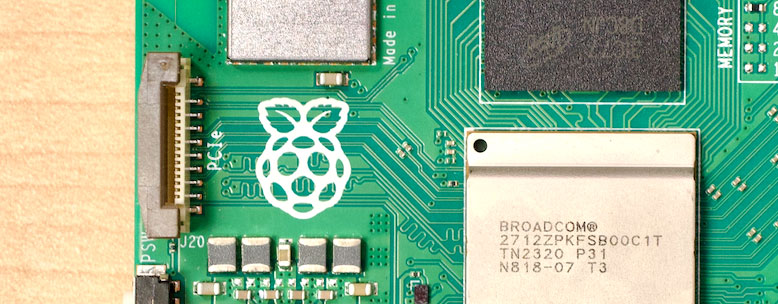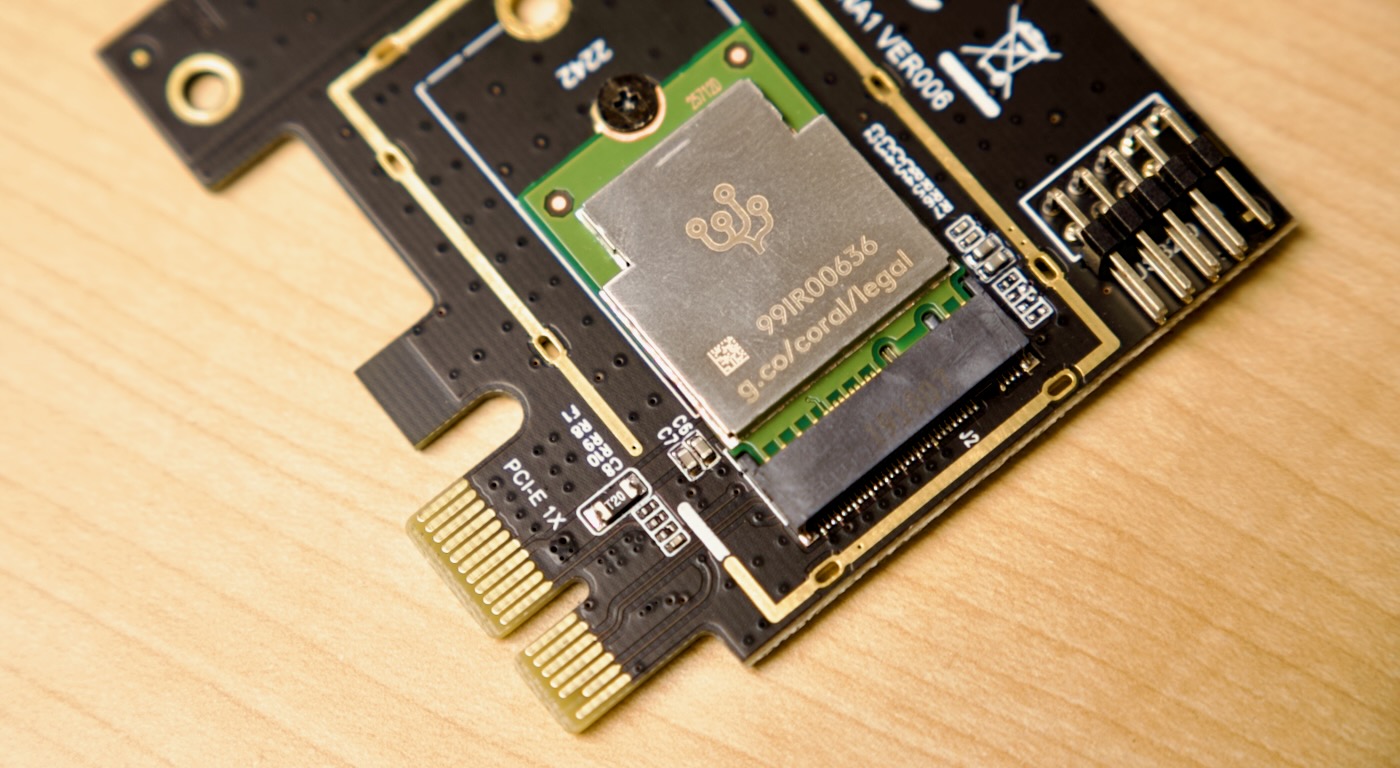A PCIe Coral TPU FINALLY works on Raspberry Pi 5
Coral.ai TPUs are AI accelerators used for tasks like machine vision and audio processing. Raspberry Pis are often integrated into small robotics and IoT products—or used to analyze live video feeds with Frigate.
Until today, nobody I know of has been able to get a PCI Express Coral TPU working on the Raspberry Pi. The Compute Module 4, unfortunately, had some quirks in its PCIe implementation, preventing the use of the Coral over PCIe.

The Raspberry Pi 5 has a much improved PCIe bus—capable of reaching Gen 3 speeds even!—and I've already tested the first PCIe NVMe HATs for Pi 5.
So can the Pi 5 handle the Coral TPU natively over PCIe?
Yes. Though currently, you need to tweak a few things to get it working.

